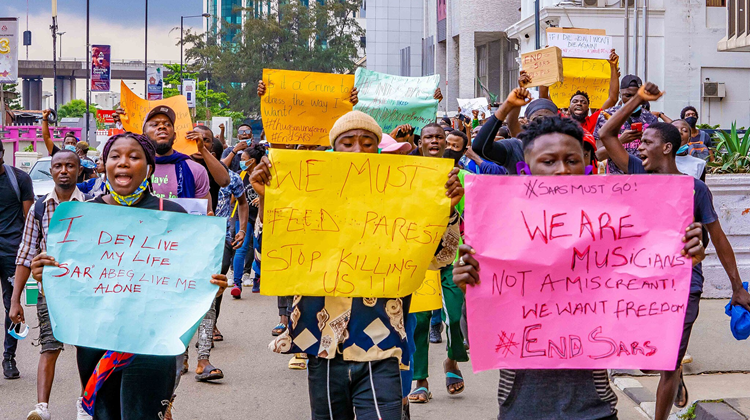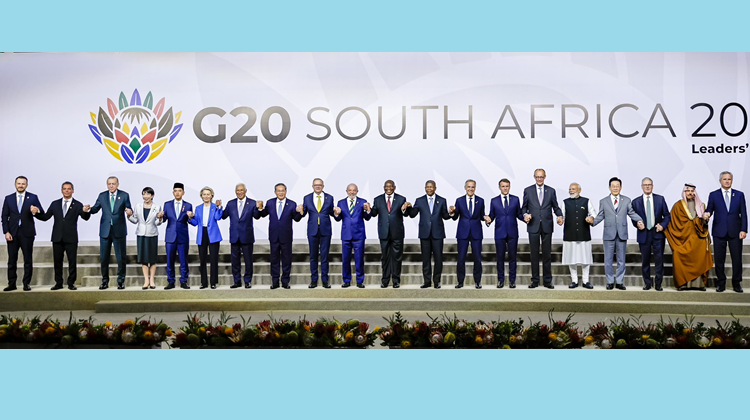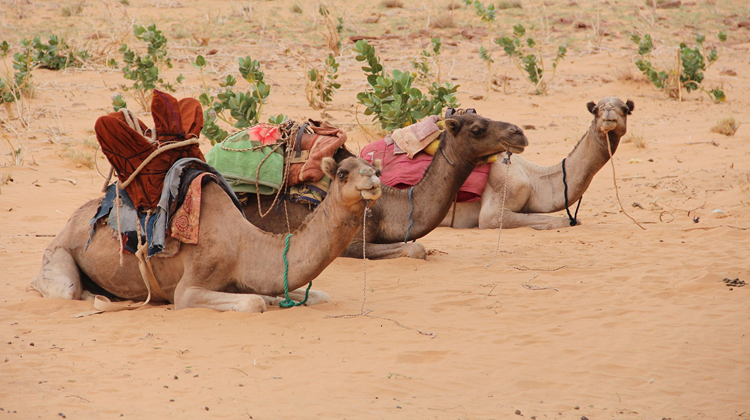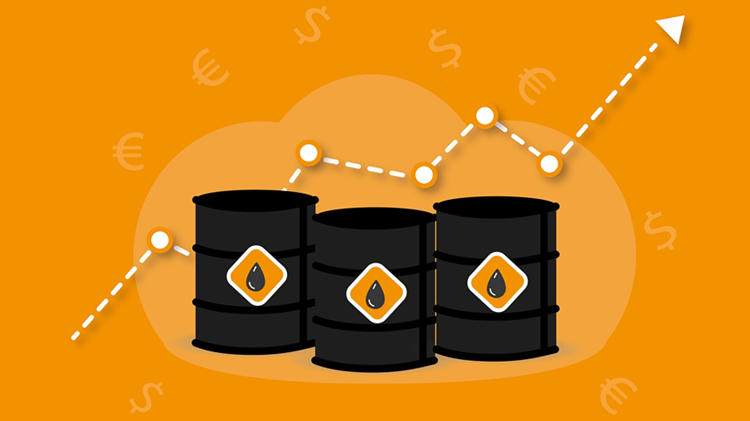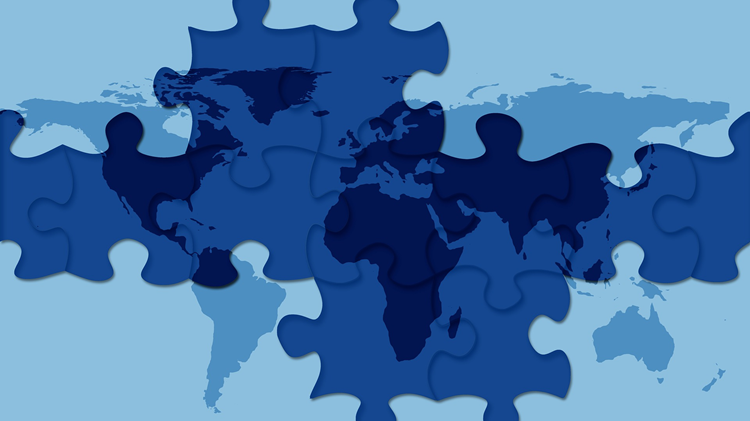Redefining power: Germany, Africa and the EU
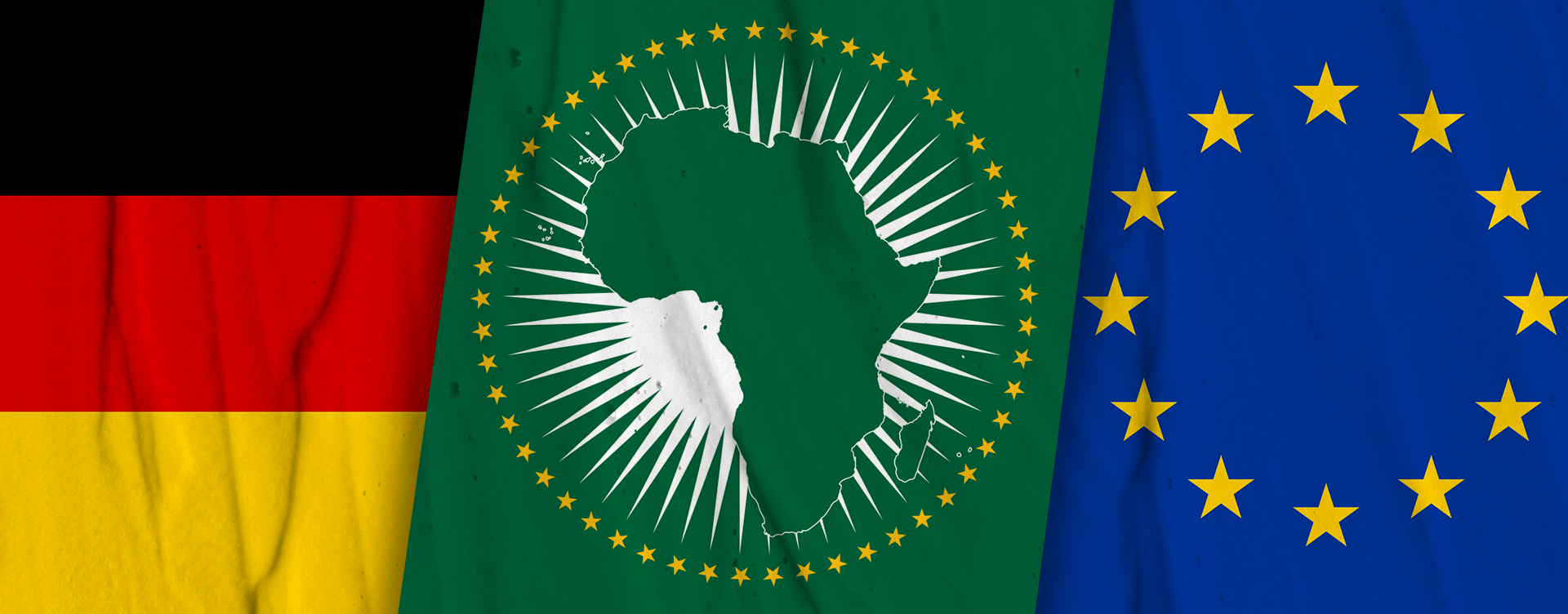
Germany has a chance to reshape EU-Africa ties—if it backs fair trade, youth-driven growth and Africa’s role in a shifting global order.
The new German government, led by the Christian Democratic Union (CDU), is facing new challenges and opportunities in its Africa policy within a West that is becoming less influential and more divided. While the United States is retreating from Western-led multilateralism under a protectionist policy, countries such as South Africa, Brazil and India are striving to reform and strengthen multilateral institutions. Considering these global shifts, close cooperation between the European Union (EU) and the African continent will be essential to tackle global challenges like climate change, pandemic prevention, industrialisation and maintaining peace and stability.
In a rapidly changing multipolar world, where the global order we once knew is increasingly threatened, the African continent is emerging as a centre of gravity. No other region is growing economically and demographically as rapidly as Africa. With its 54 countries, diverse regional organisations and a population of 1.4 billion people, Africa presents itself as a hugely diverse player on the global stage. In a recent study by AFI-ISS, the Current Path forecast is for the African economy to expand by a healthy 4.5% per annum from 2023 to 2043, with significant potential for even more rapid growth compared to the 2.3% average for the rest of the world.
Africa’s demographic future will be crucial in shaping the continent’s development and position in the global economy. Approximately half of Africa’s population is under the age of 18. In contrast, in Europe, where birth rates are low and the population is ageing, only about a quarter falls into this age group. Given that the G7 nations now represent less than 10% of the global population—a figure set to decrease—Africa is becoming increasingly important.
Africa is emerging as a new centre of gravity in a multipolar world, and Germany must help shape a fair EU-Africa partnership
Germany is well-positioned to play a leading role in shaping the EU’s Africa policy—an increasingly important task as France, long associated with perceptions of neocolonialism, is no longer in a position to lead. As a strong middle power and the most influential EU member, Germany is increasingly asked to articulate its specific interests and achievable goals. The new government has little time to waste, with a potential summit between the African Union (AU) and the EU expected as early as the second half of 2025. To rise to this leadership challenge, the new German government will need to assess and clearly shape its policies towards Africa.
Germany’s Africa Policy Guidelines from January 2025 highlight the strategic importance of a prosperous and secure Africa with resilient economies and secured livelihoods.In addition, the current state of the coalition negotiations is encouraging regarding European-African cooperation, particularly the support for the implementation of the African Continental Free Trade Area (AfCFTA). In the meantime, trade relations in the form of the most recent batch of Economic Partnership Agreements (EPAs) with Côte d'Ivoire, Ghana, Cameroon and the ADC-WPA countries, which were introduced to the Bundestag by the previous government, will be ratified in 2025.
Germany’s Africa Policy Guidelines for 2025
Germany’s interests in Africa are multifaceted and include addressing global challenges, promoting sustainable growth and more economic exchange, strengthening democratic resilience, as well as ensuring security, peace and long-term stability.
A key priority is combating the climate crisis and facilitating a green transition to sustainable development in partnership with African countries. Germany is also supporting the reform of global governance structures and advocating for greater African representation in multilateral institutions, including two permanent African seats on the United Nations Security Council. The promotion of education, science and innovation, as well as addressing Germany’s colonial past, are also central issues.
In terms of economic cooperation, the focus is on strengthening trade, promoting investments and fostering private-sector partnerships, as well as diversifying economies and enhancing local value creation. Germany supports the implementation of the AfCFTA and seeks closer economic ties with Africa. The goal is to expand EU trade agreements with individual African countries into regional deals and harmonise the rules governing the use of intermediate goods. Ultimately, a comprehensive AU-EU trade agreement is being sought.
AfCFTA: opportunities for both sides
Africa’s economic ascent will only succeed through better-integrated markets. Trade within Africa is complicated—high tariff rates, inefficient customs procedures, inadequate infrastructure and logistical challenges make trade between countries both costly and complex. These non-tariff barriers create additional obstacles, often making it easier and more beneficial for African nations to trade with countries outside the continent, where these barriers are either less pronounced or managed differently. Furthermore, historical factors, such as colonial trade patterns, have contributed to African countries forming stronger trade ties with former colonial powers or emerging Asian countries rather than prioritising regional integration. African nations often only serve as raw material suppliers to the rest of the world rather than being active participants in regional trade. AfCFTA could change this.
The AfCFTA is set to become the largest free trade zone since the founding of the World Trade Organization in 1995 and could increase Africa’s GDP by up to 7% by 2035. A study by AFI-ISS suggests that the AfCFTA will boost Africa’s GDP at market exchange rates (MER) by 10%—or approximately US$650 billion—above a business-as-usual forecast by 2043 while lifting over 32 million people out of extreme poverty.
While the implementation of the AfCFTA is progressing apace, the EU has yet to present a sufficiently concrete offer on how the two largest trading blocs in the world could be better connected. Unlike agreements with Latin American countries, there is a lack of broad political discussion about the strategic importance of such an EU-AfCFTA deal.
The need for a more strategic and coherent approach from the EU to bind the African continent geo-economically to itself is becoming almost inevitable, particularly in light of Europe’s need to reduce its dependency on China for the supply of critical raw materials such as copper, lithium and cobalt. Unprocessed raw materials currently comprise around 45% of Africa’s exports, limiting value capture. The benefits of such a partnership are also reflected in the EU's Critical Raw Materials Act (CRMA), in which Africa plays a vital role as it is home to one-third of these materials. International competition for African resources has intensified, and African governments are seeking to renegotiate resource agreements in their favour. Zambia and the Democratic Republic of the Congo, for example, are taking advantage of this. Africa needs support and authentic cooperation to boost its own value chains.
Only a pragmatic, equal partnership can make the EU-Africa strategy future-proof and beneficial for both sides
It is essential that Germany actively embraces its leadership role within the EU, takes African partners’ concerns and interests seriously, and advocates for a partnership based on equality.The perspective of colonial reappraisal is legitimate but not sufficient to achieve this kind of cooperation. Only through principle-based pragmatism, which balances both values and realities, and through concrete measures to strengthen Africa’s economic resilience and promote sustainable development, can a future-proof and mutually beneficial EU-Africa strategy succeed.
Image: ISS

